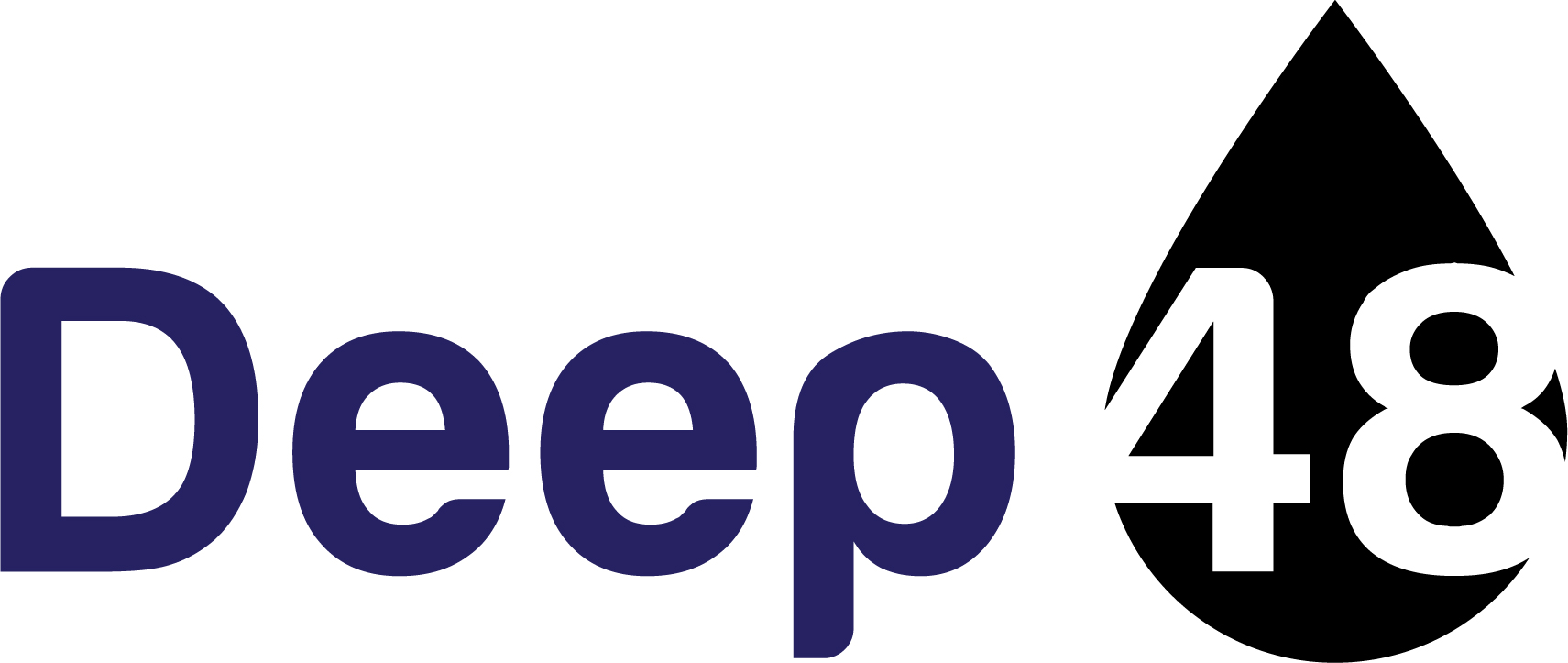2020 presidential candidate Andrew Yang has an ominous message from the campaign trail about the ongoing seismic shift triggered by AI and automation.
Jobs are evaporating, hope is fading and society as we know it is on the precipice of crumbling all together if we don’t act now.
Maybe things aren’t as extreme as the message above, but the possibility of a bleaker future did resonate with me because I have seen products that are 4 or 5 revisions away from fully automating major chunks of the recruitment life-cycle.
Yang was recently on Joe Rogan’s podcast and states that cashiers, truck drivers and call center workers will be the first to get cycled out of their jobs by autonomous machines; then back office workers, including HR will be next.
Yang frequently references research conducted by the likes of McKinsey & Company (info graphic included above) and other think tanks, so let’s take a look at their findings.
“Oxford University researchers Carl Frey and Michael Osborne claim that technology will transform many sectors of life. They studied 702 occupational groupings and found that “47 percent of U.S. workers have a high probability of seeing their jobs automated over the next 20 years.” (source)
“A McKinsey Global Institute analysis of 750 jobs concluded that “45% of paid activities could be automated using ‘currently demonstrated technologies’ and . . . 60% of occupations could have 30% or more of their processes automated.”[6] A more recent McKinsey report, “Jobs Lost, Jobs Gained,” found that 30 percent of “work activities” could be automated by 2030 and up to 375 million workers worldwide could be affected by emerging technologies.” (source)
“The Organization for Economic Cooperation and Development (OECD) estimates that 14% of jobs in advanced economies could become susceptible to automation and another 32% substantially changed, affecting the lives of millions of workers.” (source)
Here is the podcast if you’d like to check it out:
[ embed width=”123″ height=”456″]http://www.youtube.com/watch?v=dQw4w9WgXcQ[/embed]
So are recruitment jobs in danger of being automated by AI?
The short answer is no, AI hasn’t evolved to the point where it can operate a full recruitment function, effectively replacing humans. But, there are a few crafty automation tools on the market today, with elements of AI built into them that have successfully taken over redundant recruitment tasks; however they aren’t robust enough to replace people yet.
In fact, current recruitment automation technologies aren’t being pitched to reduce functional headcount, they are being marketed based on their potential to increase recruiter effectiveness. This is done by automating repetitive tasks, allowing recruiters to focus on higher value cerebral activities like candidate psychological and emotional engagement.
A quick Google search reveals several companies seeking to claim ‘1st’ on recruitment automation innovation. I have spoken to many of these companies and have evaluated their products to determine how they can benefit my operation and those of my clients.
What I found is that there are many stand-alone tools that offer some sort of algorithm to automate simple tasks at the most basic level or offer machine learning enhanced functionality at the highest level.
So far there isn’t a ground breaking product on the market today that stands as the de facto leader in recruitment life-cycle automation.
What will most likely happen is that larger enterprising companies will buy the smaller stand-alone systems and assemble them into a comprehensive suite of products. This combined offering would automate enough of the recruitment life-cycle to notably reduce headcount cost, while measurably increasing productivity when compared to the people it replaced.
Based on the available research, we are at least 10 years away from that happening and even then early adoption of recruitment automation technology will be limited to larger organizations who will most likely operate with a hybrid model of a human and machine workforce.
Once we achieve full-bore commercial AI however, then all bets are off. Luckily for us; we are a long way away from true recruitment AI. The future of our children’s career options on the other hand, that is up for debate.


